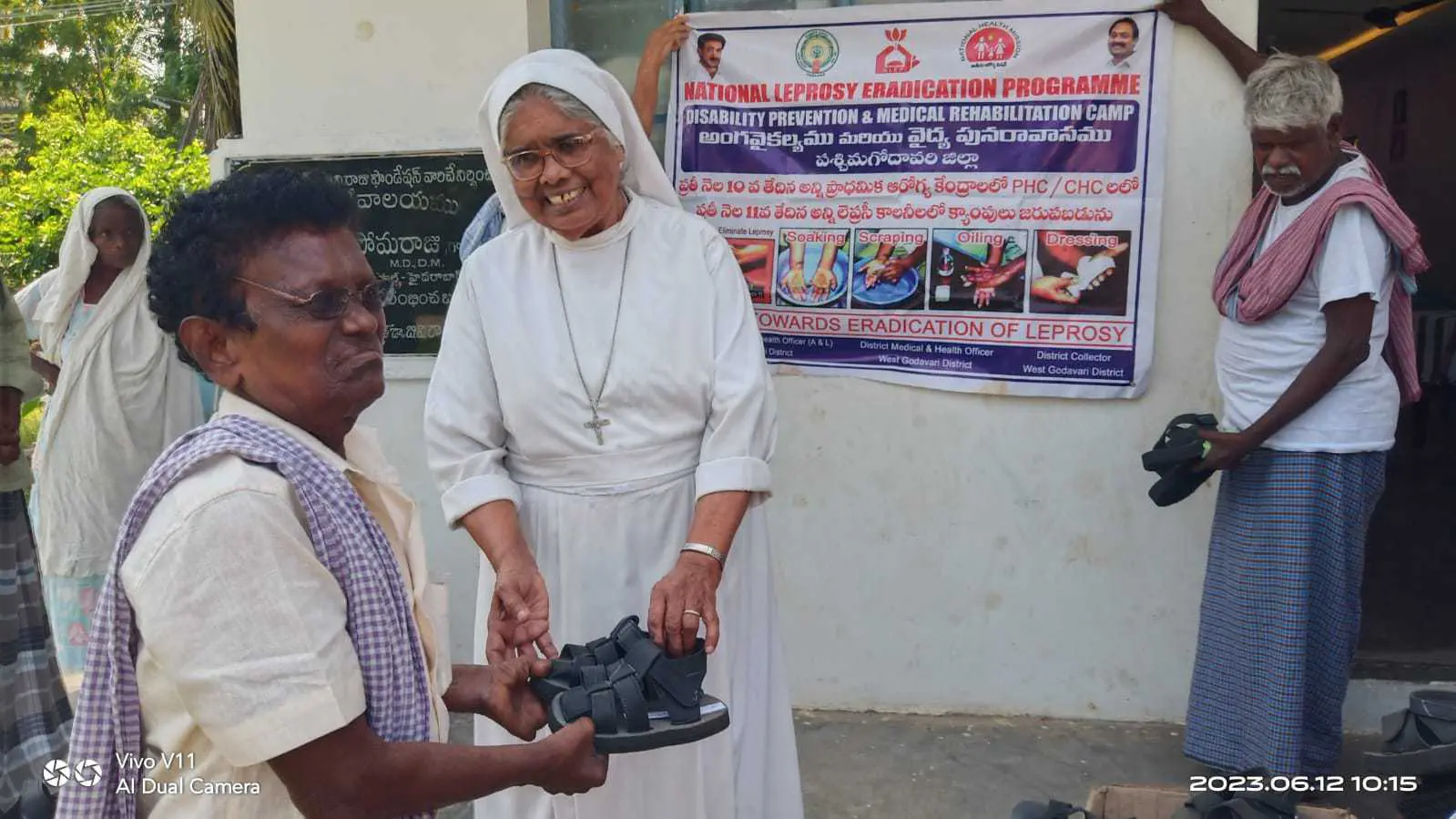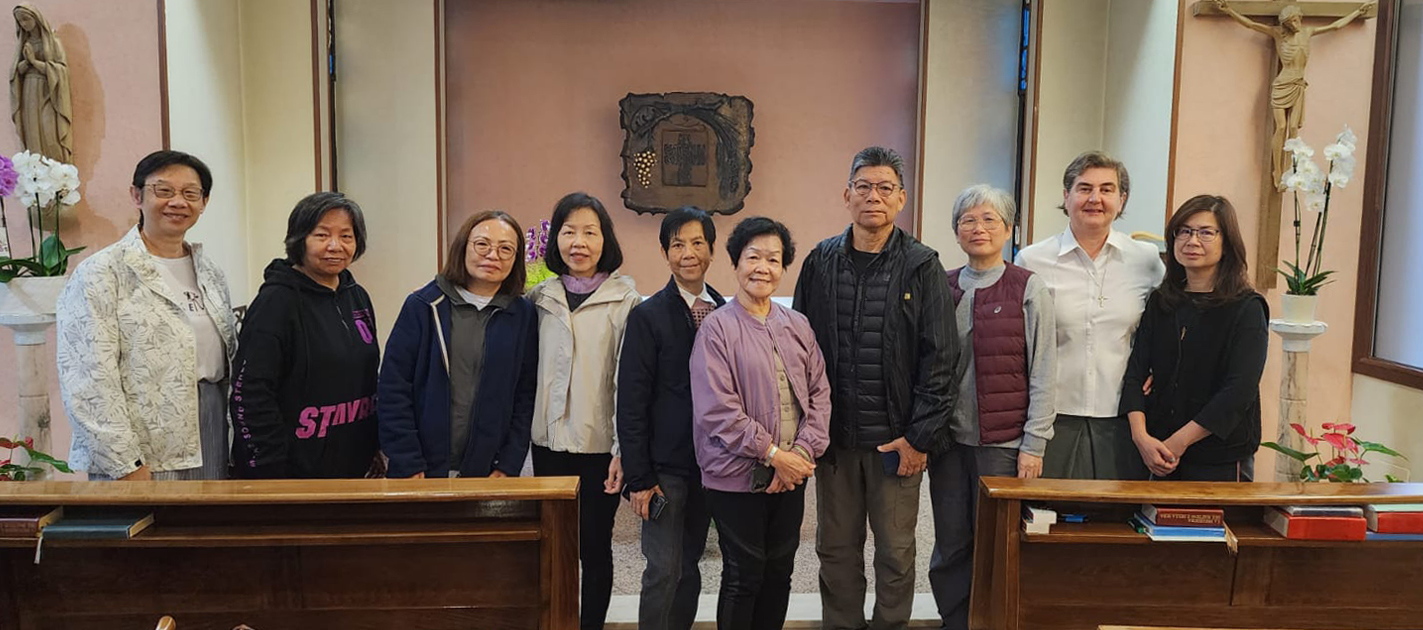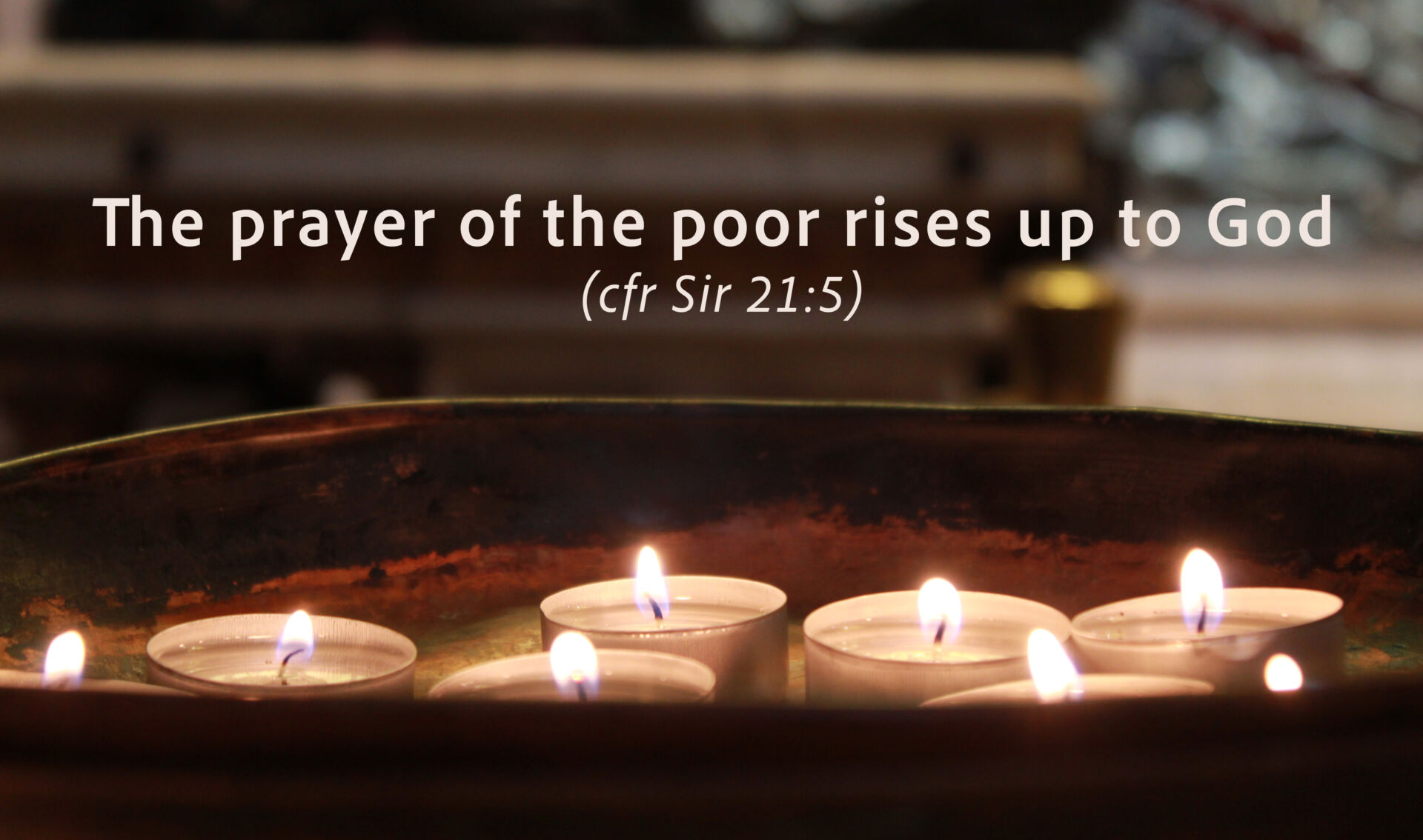Missionary Sisters of the Immaculate. Your very name defines your identity, charism and spirit. As essentially ‘Missionaries’, your vow of obedience, like the other vows and everything else in your life, is for mission. So, too, everything associated with obedience: authority, leadership, discernment, governance and the mutual relationship between the leader and the sister under her authority.
Mission-centred religious obedience is channelled through the leaders spiritual guidance. Spiritual leadership as well as spiritual governance means Spirit-filled leadership and governance, guided by the Holy Spirit. It calls for a healthy relationship of mutual love, trust and transparency, and a shared commitment to the Congregation’s mission. This is the necessary condition for the active presence of the Spirit and collective listening to the Spirit, be it in a Chapter or in a meeting of the council or of the community. Like the Apostles and the first community of believers in Jerusalem, confronted by the first major controversy about imposing the Law of Moses on the non-Jewish people who had embraced the faith. They were so attuned to the Holy Spirit in their discernment that they could boldly assert: It has been decided by the Holy Spirit and by ourselves….” (Act 15: 28).
Evangelical obedience and exercise of authority are guided by the Spirit, on the part of both, the one who commands and one who obeys: both are ‘called and sent’, as Jesus was ‘called and sent’, anointed by the Spirit of the Lord (Lk 4: 18-19). It calls for attentive listening to the Holy Spirit who is constantly at work in the Kingdom of Christ. Jesus was led by the Spirit to constantly seek and do the Father’s will. Labouring to promote this Kingdom is at the heart of your identity. As servants of Christ’s mission, his obedience to the Father is your model.
In living the religious vow and virtue of obedience, just a vertical, top-down relationship between one who commands and one who obeys does not fully express the spiritually rich content of evangelical obedience. “Fraterna e reciproca” expresses an important horizontal dimension, different from the obedience of slaves or of children. Slaves obey by force, not in freedom; children, as they grow up to be adults, no longer owe obedience to their parents. Your obedience is adult, freely given, faith based. “I do not call you servants, I call you friends” (Jn 15:15). You are friends of the Lord and therefore friends in the Lord to one another, in the bond of a shared vocation and mission. Founded on genuine friendship, this vision of obedience presupposes and promotes a healthy climate of mutual trust and transparency between those missioned to lead and the led, in a shared search for God’s will for the service of God’s reign. The one who commands as well as the one who obeys must listen to each other in this search. Mere submission and blind conformity to the leader’s order, without the necessary free response and joyful evangelical spirit of mission, is alien to religious obedience.
In the context of Indian culture, which assumes that especially a woman owes unquestioning obedience to authority, you need to foster consciously this “reciprocità” of humble, mutually trusting, and attentive listening to what the Holy Spirit may inspire in the least sister. By the vow of obedience, she does not renounce or suppress her God-given gifts, which are to be developed and used for the Congregation’s mission. Leaders must assume, respect, evoke and foster that free response from the sisters whom they command, making space for their personal initiative and responsibility. It is a life giving, energising relationship, where the leaders authority, like that of Jesus (Mt 7:29), flows from the personal credibility of being aware of one’s inner movements, and constantly in touch with the Holy Spirit. In her discernment, the leader must consciously strive to be, and be seen to be, free from manipulative prejudice and self-will, free from imposing her own pet ideas and projects, seeking only what God wants.
Spiritual leadership knows how to hold valid though seemingly opposite values in healthy and creative tension: obedience on the one hand and, on the other, room for personal initiative on the part of individual members who think out of the box and take initiative to reach out to the frontiers. Those who lead must in all humility be aware that they are stewards, “missioned” to lead and command in the Lord’s name, so that those who must obey recognize this in the leader, own the mission commanded, make it their own, and carry it out enthusiastically, joyfully.
“The Son of Man came not to be served, but to serve” (Mt 20:28; Mk 10:45). The essential and primary service expected of religious leaders is to help the sisters to live in fidelity to the charism of the Congregation. It promotes and strengthens communal discernment, a collective search for God’s will in prayerful dialogue. Leaders do not have the monopoly of the Spirit. In a genuine process of dialogue and communal discernment, the Spirit can speak even through the least of the Sisters.
The canonical visitation provides a graced occasion for a sincere, transparent dialogue. The leader on her part reveals to the sister about plans for confirming or changing the latter’s mission. The sister on her part manifests the desires that the Spirit inspires in her heart. Such a dialogue is not a bargain counter for the two sides to come to a compromise, but a sincere search for what is best for promoting God’s Kingdom. It presupposes that, prior to the dialogue, both have prayerfully purified their heart of any self-seeking. Then the leader, with her council, takes this into account in the general apostolic needs of the province and discerns the individual sister’s mission, which may or may not necessarily be what the sister has proposed. If this happens, both sides experience consolation and peace over the decision, as a sign of confirmation from the Holy Spirit.
To the whole Church generally, and to religious communities specifically, Pope Francis proposes the synodal journey as a way of being Christian and religious today. This synodal pilgrimage of walking together in faith, accompanied by the Risen Lord, listening to the voice of the Spirit speaking to us through one another and in the signs of the time, seeking God’s will and God’s reign – this is at the heart of your evangelical, missionary, religious obedience, “fraterna e reciproca”.
P. Julian Fernandes
For decades, I have had close association with the MSI. I have been entrusted with responsibilities for leadership at various levels in the Society of Jesus, and have been called to facilitate General and Provincial Chapters of different Religious Congregations of women and men. Presently I live in a retreat house at Mawshohroh near Shillong, Meghalaya State, directing Ignatian retreats.




















